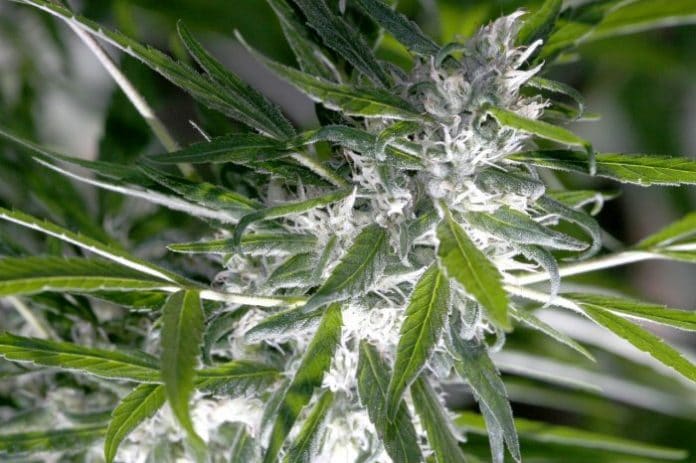Northern Michigan University’s course in medicinal plant chemistry is under way, claimed to be the first undergraduate degree level training on medical cannabis in the USA.
The course, which began earlier this month, will prepare students for careers related to herbal supplements, fermentation science, food chemistry and environmental analysis, plus entry-level lab positions or graduate school.
Running over 4 years, the degree is a significant undertaking for students.
“No other 4-year undergraduate degree program in the world combines rigorous coursework in chemistry and biology with research and hands on instrumental analysis built into the curriculum to prepare its graduates for a career in the cannabis industry,” says the University.
The degree requirements can be viewed here.
As the program will comply with federal and state laws, hands-on work will be a little challenging – other plants will be used to practice extraction techniques.
The University is also calling for businesses to participate in its related internship program.
Regarding the situation in Michigan, in September 2016, the Michigan Legislature passed and its governor signed into law three bills that will see the creation of a licensing and regulatory framework for medicinal cannabis (referred to as medical marihuana in Michigan), which must be implemented by mid-December this year.
After December 15, parties can apply for grower, processor, transporter, provisioning center and safety compliance facility licenses.
Last week, the Department of Licensing and Regulatory Affairs (LARA) released an advisory bulletin announcing it intends to allow for co-location in a single facility. A potential licensee may apply for grower, processor and provisioning center licenses.
University of Maryland Course Cancelled
Another university that was set to offer a course relating to the cannabis industry, University of Maryland, has cancelled it. According to the Washington Post, the University made the decision after discussions with the Maryland attorney general’s office.
The situation presents a significant issue as the Maryland Cannabis Commission expects workers to be have relevant training and state law requires it.
Access to formal training is one of the many challenges facing the still-young industry in all US states.
Last December we reported on a small survey that indicated only 55% of dispensary staff had some formal training for their position – and just 20% reported having gained medical/scientific training.


